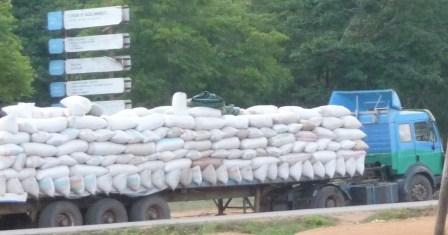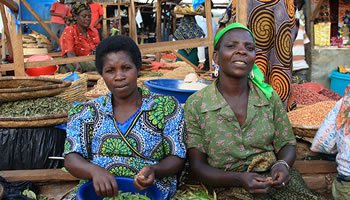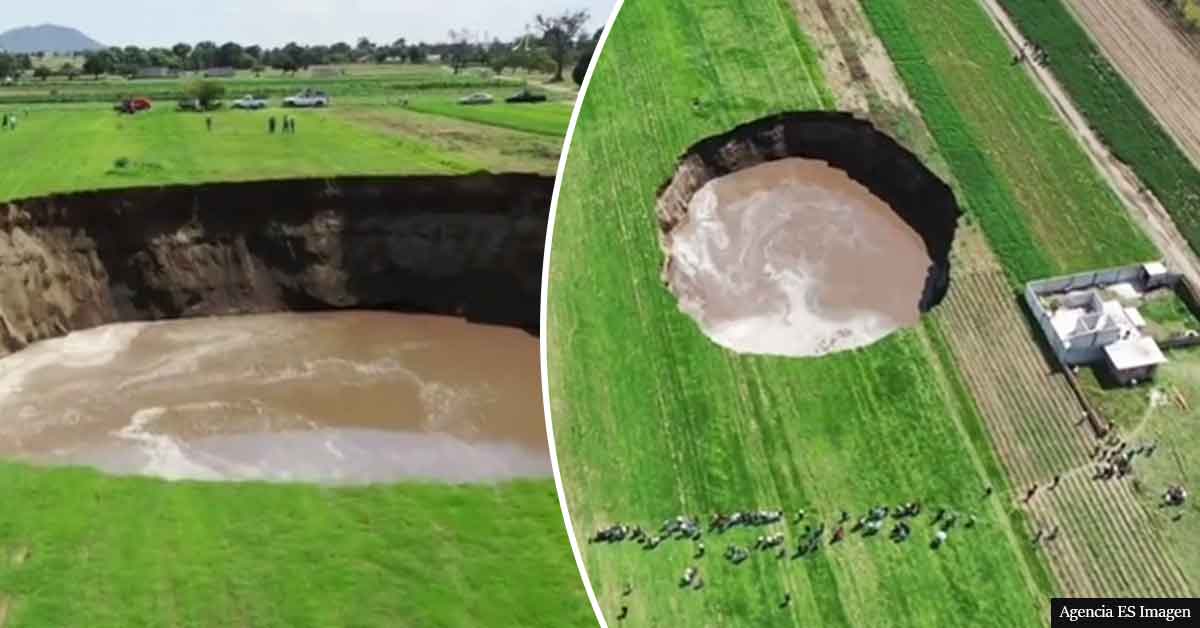The Malawi government has banned with immediate effect exportation of maize and other legume seeds, warning to persecute anyone found smuggling the crop to other countries.
The authorities have also introduced strict measures to traders interested in purchasing of the grain and all other agricultural produce.
The ban comes barely three days after President Joyce Banda announced at Masintha Ground in Lilongwe when she celebrated her one year in office that government would not allow anyone from externalizing the country’s maize.
The president had also threatened to chase away foreign traders who were offering cheap prices to indigenous farmers.
“From today, I am banning exportation of maize and no trader will be allowed to buy maize unless authorized to do so by the Ministry of Agriculture.
“I also want to announce that I will not hesitate to chase away foreign traders who have come to benefit from the produce of the poor farmers,” President Banda said.
Speaking at a press conference in Lilongwe on Wednesday, Minister of Information Moses Kunkuyu said government was saddened with the escalation of maize exportation.
Kunkuyu said as the country was expecting to harvest its agricultural produce illegal traders were already buying maize and exporting thereby contributing to the country’s food deficit.
He said; “As directed by the President, we are here today to issue a ban on exportation of maize and other legume seeds. Furthermore, only the licensed traders will be allowed to buy maize and other seed from the farmers and anyone found violating this law will be prosecuted.”
Kunkuyu added, “Anyone who wants to buy maize in the country should have permits from the Agriculture office, a trade license and a registration license from Malawi Revenue Authority (MRA).”
Minister of Agriculture and Food Security Professor Peter Mwanza told the meeting the country has already lost 140,000 metric tonnes of maize within a period of six months.
He said the ban was due to the huge investment that government was making in the agricultural sector.
He cited the Farm Input Subsidy Programme, the Green Belt Initiative and the Presidential Initiative on Hunger and Poverty Reduction as some of the programmes government was implementing to improve food situation.
“We expect to have a surplus of 740,000 metric tons of maize this year. However, that cannot be realized if we continue watching our maize being smuggled out of the country,” said Mwanza adding the ban intends to protect farmers from illegal traders and also ensure that the country has enough food.
Minister of Trade and Industry Sosten Gwengwe said despite that Malawi was a liberalized economy it was important to have a well-structured trade policy.
“Our markets are not structured and due to that it has become free for all to transact business especially in the agriculture sector. In every country, traders are expected to be registered and this ban will exactly serve that purpose,” he explained.
Meanwhile, government has involved the police and the Malawi Army to help reinforce the ban within and in the country’s border posts.
The Malawi Bureau of Standards (MBS) has also been tasked to ensure that every weighing scale that licensed traders use when buying maize and other agricultural produce is up to standards.




